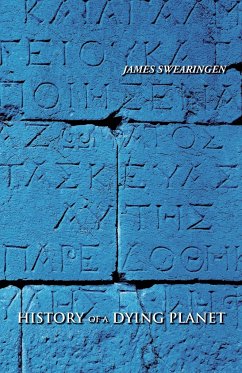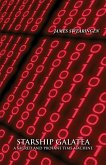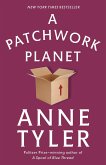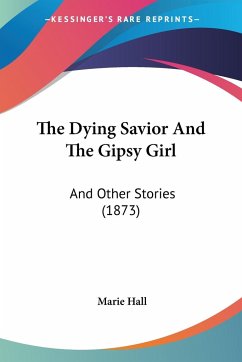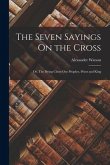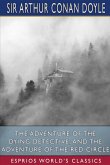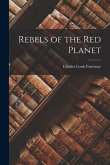Why did the only planet "known to evolve a species capable of bringing nature-if not itself-under rational control destroy itself? What wasn't done that might have been done differently? For readers, the problem has two faces: archeological and teleological. In this narrative history, Opeyemi Adawale, Nigerian-American political historian, and UN official Wu Mai Bao participate in a secret project to save a remnant of humanity from destruction. All the while the author, Yori Kashimoto, once Governor of the first human colony in the Milky Way, researches the last days of Planet Ulro for what, if anything, that history might teach a human diaspora in space. The Galatea Saga begins and ends with History of a Dying Planet. It is a prequel to both Starship Galatea and In the Hollow of Time. Read in the order vols. III-I the saga is a chronological tale; read in reverse chronology I-III, it is teleological (and conceptually less challenging); vol. II read first situates the tale between past and future.
Hinweis: Dieser Artikel kann nur an eine deutsche Lieferadresse ausgeliefert werden.
Hinweis: Dieser Artikel kann nur an eine deutsche Lieferadresse ausgeliefert werden.

